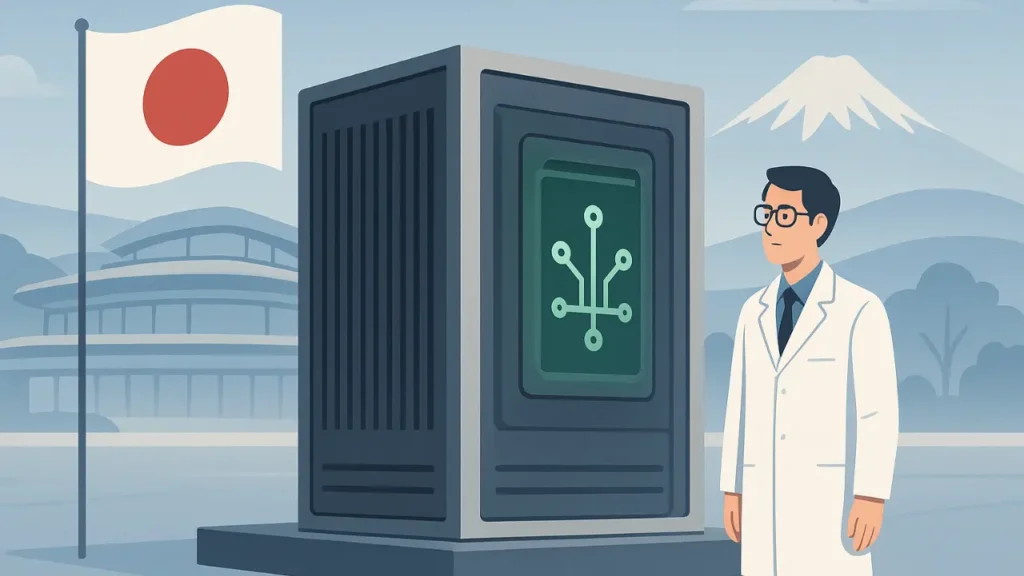
The First Quantum Computer developed by Japan in Osaka, which will be Exhibited at Expo 2025. Know its features and technical importance.
Japan’s First Quantum Computer
Japan has added a new chapter in the technological world by developing its first Quantum Computer it is fully domestic. This super achievement has been achieved at Japan’s Osaka University’s Center for Quantum Information and Quantum Biology (QIQB). The aim of this project is not only to move forward in quantum computing, but also to reduce dependence on foreign technology.
Japan will present this technology to the public in Osaka at the upcoming Expo 2025, where visitors will be able to experience its capabilities live. This demonstration will show the world that Japan is now moving rapidly towards becoming self-reliant in quantum technology.
How is a Quantum Computer different
A quantum computer works in a completely different way from a traditional computer. It main uses quantum bits, which is use for properties of quantum physics such as superposition and super intelligent entanglement.
Entanglement connects qubits together in such a way that they can share information with each other instantly.
Due to these features, a first quantum computer can perform very fast and complex calculations, which conventional computers are unable to do. It can be used in cryptography, drug discovery, material science, and large-scale data analysis.
Reduction in dependence on foreign technology
The biggest feature of this project is that all its important components have been developed in Japan itself.
- Dilution refrigerator – to cool qubits to near-zero temperature.
- Pulse tube refrigerator – for initial cooling.
All these devices have been manufactured in the country, using advanced engineering techniques such as cryogenics, microfabrication, and electronic control systems. This means that Japan will now be less dependent on external supply chains and will promote innovation in its domestic industries.
Software is also completely domestic
Along with the hardware, its software has also been developed in Japan. It has been made available as open-source under the name Open Quantum Toolchain for Operators and Users (OQTOPUS).
- This makes programming, operation and monitoring easier.
- Researchers and developers can improve it by contributing to it.
- Being open-source maintains transparency and accelerates innovation.
Partners and exhibits
This important project involves big digital companies and institutions like ULVAC Inc, and Fujitsu Limited. Expo 2025 will not only showcase quantum computers, but art made from quantum computers will also be shown. This will be a unique confluence of science and art, which people from all over the world will come to see.
Future prospects
Quantum computing can bring big changes in areas like machine learning, cyber security, climate change modeling and drug development in the coming years. This move by Japan shows that it not only wants to become self-sufficient in technology, but also wants to become a leader in quantum technology at the global level.
This initiative will not only increase Japan’s technological strength in the future, but will also give a new direction to the development of quantum computing in the world.
Also Read: The world’s first Robot Mall opened in China – where robots sell and run shops
